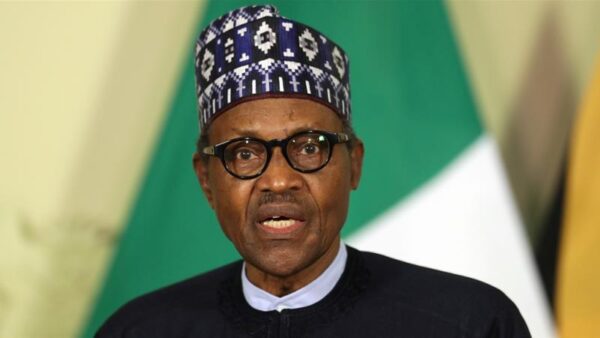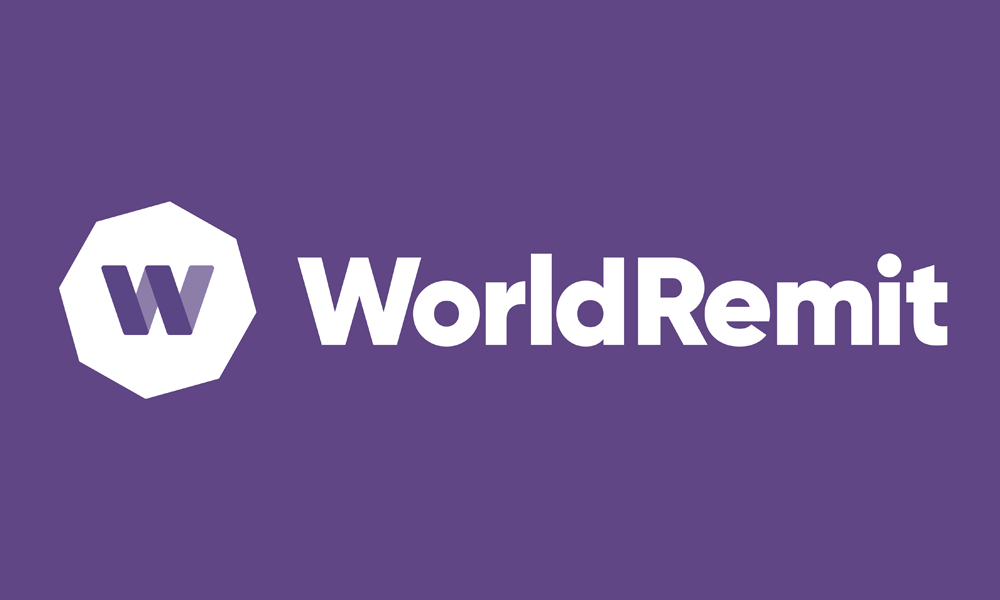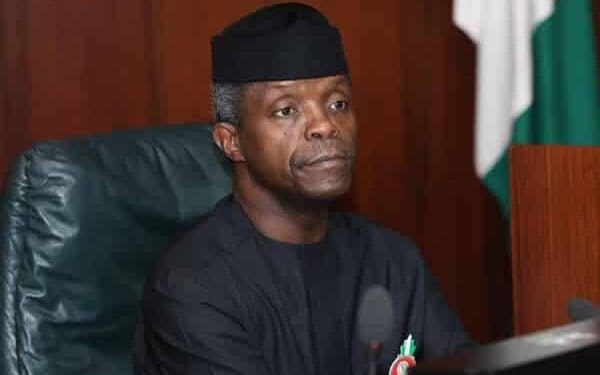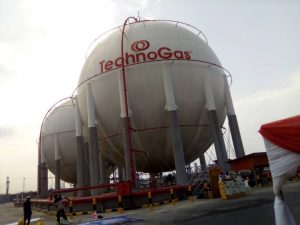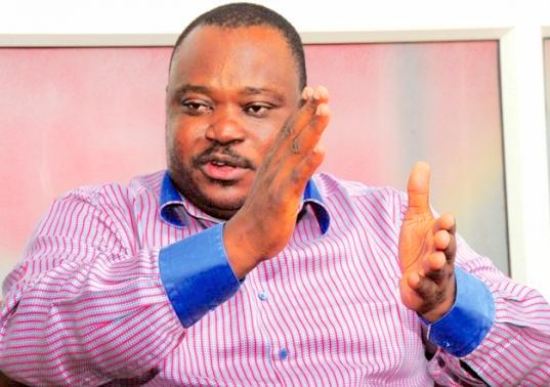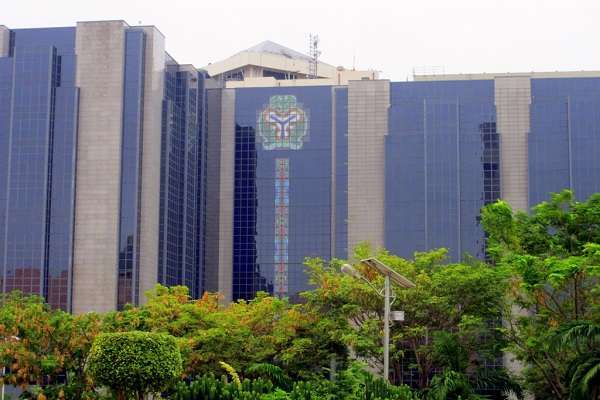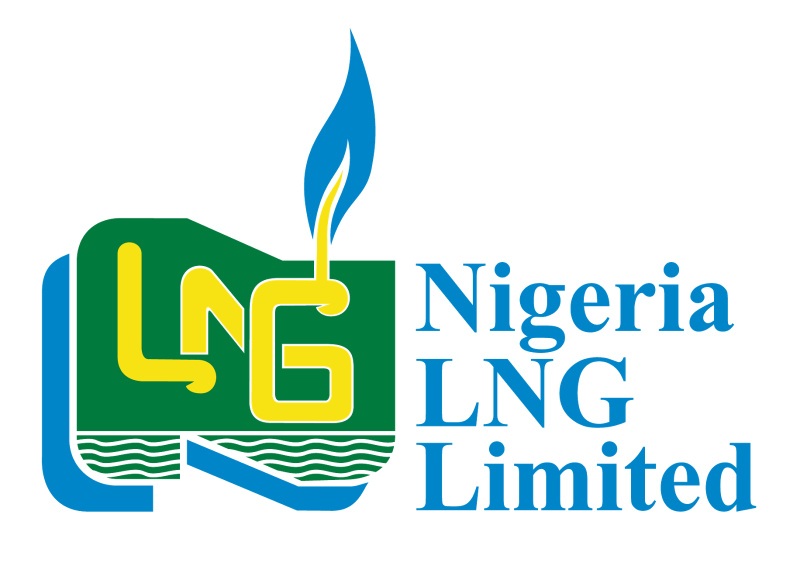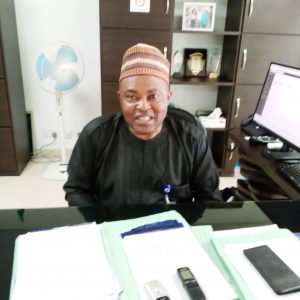NLPGA holds international conference
The Nigeria Liquefied Petroleum Gas Association (NLPGA) will hold its 10th International…
Nigeria’s contradictions heighten as it begins to import fuel from Niger Republic
Akeem Lasisi The socio-economic and political contradictions that define Nigeria's existence seem…
WorldRemit launches Africa-focused Entrepreneurship Programme
International Money transfer company, WorldRemit, has launched its World Remit Entrepreneurs Programme…
Economic stimulus: 101, 567 beneficiaries receive payroll support – Presidency
No fewer than 101, 567 beneficiaries have benefitted from the Federal Government’s…
Nigeria’s LPG storage capacity increases to 69,698 metric tons
Nigeria on Wednesday got its 12th Liquefied Petroleum Gas (LPG) depot, increasing…
FG freezes Jimoh Ibrahim’s accounts, seizes NICON Hotels over unpaid debts
The Federal Government has descended heavily on popular businessman, Jimoh Ibrahim. Its…
CBN links cashless policy to increased electronic banking risks
The Central Bank of Nigeria (CBN) on Wednesday said the implementation of…
Gas marketers commend NLNG over plan to increase domestic LPG allocation
The Nigeria Liquefied Natural Gas (NLNG) Limited has received commendation over its…
Deregulation: DPR warns petroleum marketers against sharp practices
The Department of Petroleum Resources (DPR) on Wednesday warned petroleum marketers not…
SEC tasks FG, states on privatisation
The Securities and Exchange Commission (SEC) says privatisation presents enormous potential to…



